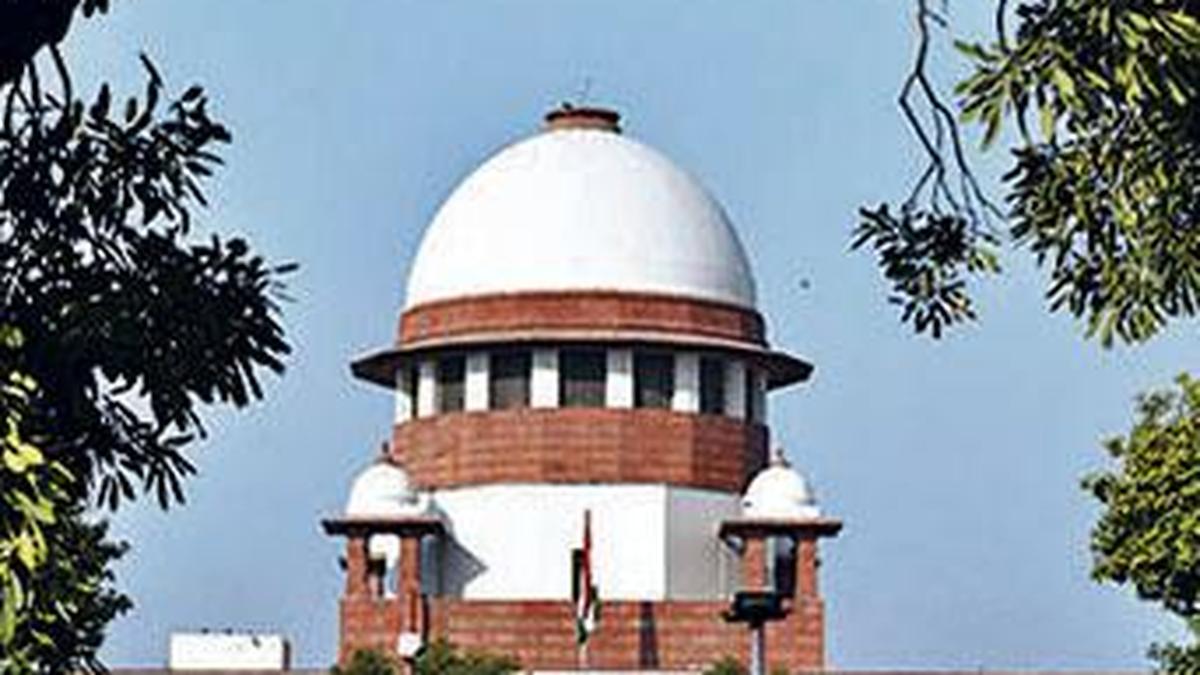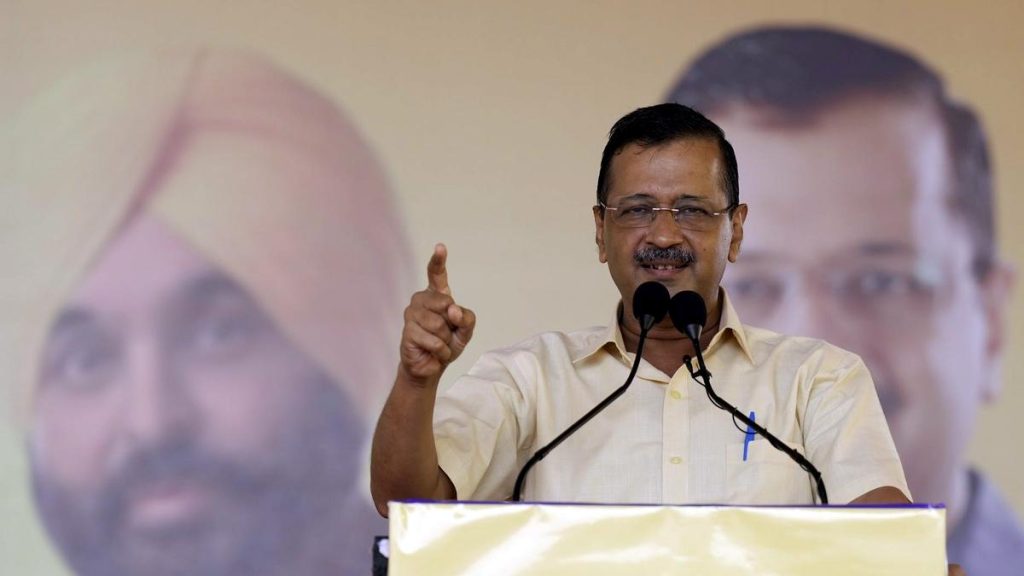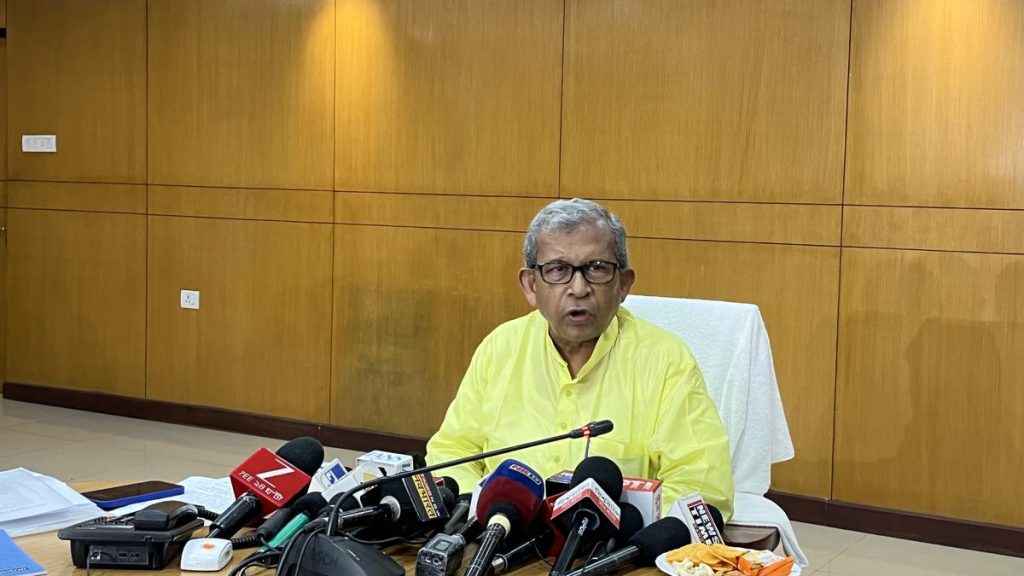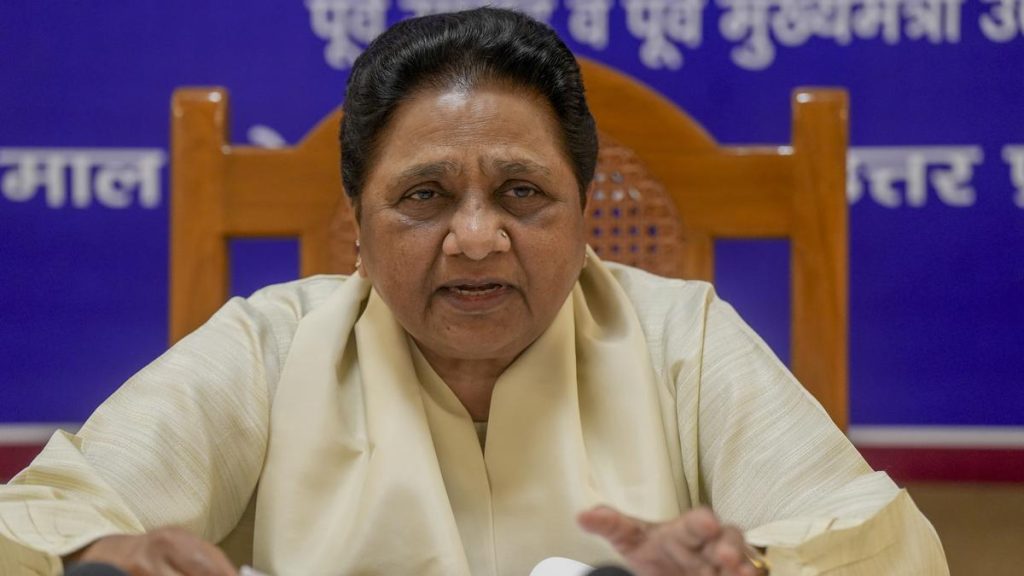Now Reading: SC Questions Justice Varma’s Move Post ‘Unfavorable’ Inquiry Outcome
-
01
SC Questions Justice Varma’s Move Post ‘Unfavorable’ Inquiry Outcome
SC Questions Justice Varma’s Move Post ‘Unfavorable’ Inquiry Outcome

Quick Summary
- The Supreme Court questioned Justice Yashwant Varma of the Allahabad High Court for challenging the in-house inquiry procedure only after receiving an unfavorable outcome.
- The procedure stemmed from an inquiry following a fire at Justice VarmaS New Delhi residence, where “burnt currency” was discovered.
- A three-judge committee recommended Justice Varma’s removal,and former Chief Justice of India (CJI) sanjiv Khanna forwarded this recommendation to the President and Prime Minister.
- The in-house procedure, cited as preserving judicial integrity, allows for preliminary inquiries initiated by the CJI to assess allegations against judges. This mechanism has existed for over 30 years under binding Supreme Court judgments per Article 141 of the Constitution.
- Senior advocate Kapil Sibal argued that such procedures are informal administrative exercises outside constitutional provisions concerning judicial removal under Articles 124 and 218.He added that Parliament commenced a motion based on this report, effectively making it more than advisory.
- Justice Datta suggested Section 3(2) of Judges (protection) Act might grant legal authority to CJIs to initiate these inquiries beyond moral and ethical grounds.
- Allegations arose about procedural irregularities; Mukul rohatgi contended prior judges had been allowed participation before conclusions – something allegedly bypassed here.
- Judgment on petitions challenging the process’s validity remains reserved.
Indian Opinion Analysis
The case exemplifies tension between institutional protocols aimed at preserving judicial impartiality and individual rights within procedural fairness.The Supreme Court emphasized that in-house mechanisms have long served as safeguards against misconduct while also maintaining internal credibility within one of India’s most crucial institutions-the judiciary.
If upheld, this process reinforces stringent standards but raises broader questions about clarity.Critics argue informal procedures lack codified protections akin to those in statutory investigations under laws like Judges Inquiry Act-possibly opening room for subjectivity or misuse within controversial cases such as this one involving financial improprieties (“burnt currency”).
Moreover, Parliament’s reliance on non-mandated reports underscores evolving dynamics between descriptive recommendations versus enforceable actions impacting constitutional office-holders’ tenures-a deliberation with potential ramifications across governance frameworks nationally.
Read more:

























